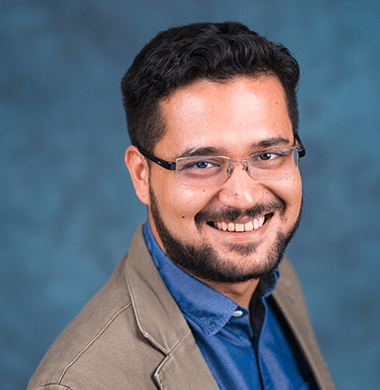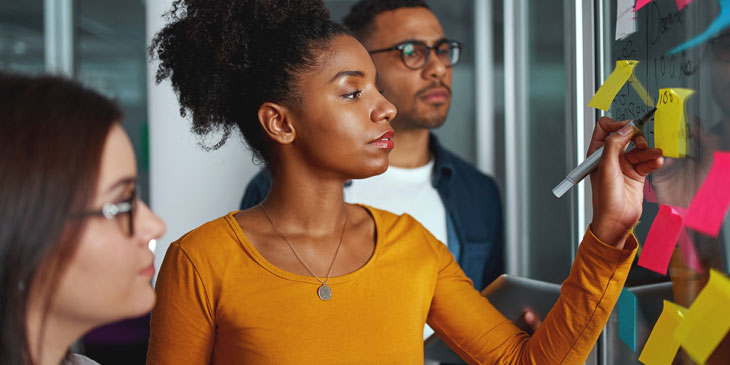Since its launch two years ago, the TAP Learning Collaborative’s aim was to improve collective learning about how civil society organizations (CSOs) can more effectively pursue and achieve goals related to transparency, accountability, and participation (TAP).
Along with Twaweza East Africa, Centro de estudios para la equidad y gobernanza en los sistemas de salud (CEGSS), and Dejusticia, Global Integrity served as a “learning Hub,” seeking to improve learning within the Collaborative, across participants’ networks, and in the broader TAP field.
Work with partner organizations beyond the core Hubs was a key component of the Collaborative’s theory of change. As such, Global Integrity used Collaborative resources to carry out activities with a variety of partners—frontline CSOs in Colombia, Kenya, and South Africa; government agencies in Mexico; and international organizations working around the world—with a view toward supporting these partners in better understanding and addressing the problems related to corruption and the use of public resources that they face.
What did we do?
As can be seen by the examples of cluster-level work noted in the box below, each of our partnerships looked different, given the specific nature of each organization and the context in which each partner is situated. (See the overall TAP Learning Collaborative executive summary for more on what we learned and achieved alongside our partners.)
In the spirit of the TAP Learning Collaborative, this blog reflects on what we learned from our cluster-level work and offers thoughts on what those lessons might mean for us and for others working on governance and development going forward.
Examples of Cluster-Level Work
|
So, what did we learn?
Lots! We learned how we can better tailor our services to meet our partners’ needs, as well as how, as an external “out-of-context” organization, we can more effectively support local leadership and the learning and adaptation essential for effective, sustainable governance reform. The following two lessons are particularly worth highlighting:
- We provide better support when we’re able to learn alongside our partners in the longer term. Our cluster work in Mexico and Kenya built on existing projects in which we had been engaged for several years. This meant that we already had a decent (though still imperfect) understanding of the ways in which we could best support our partners, taking into account the contexts in which they work and the challenges they face. This enabled us to tailor the services provided to each partner so our support could best be leveraged to improve their capacity to effectively learn about, and address, the issues on which they work.
- Relatedly, our work with cluster-level partners demonstrated that our most effective role—and perhaps that of other “out-of-context” organizations—is that of a critical friend, willing to listen and learn alongside local partners. As a relative outsider, yet one that enjoys strong relationships with partners and is well-connected to the broader governance and development arenas, Global Integrity can offer insights and perspectives that local partners may not be able to bring out themselves. Our role is not to offer ready-made answers or solutions, to act as “experts,” to be frontline implementers. Rather, we’re most effective when we help partners make sense of existing evidence, apply that evidence to problems and challenges faced in their contexts, and learn as they go.
We’re looking forward to putting these lessons into practice. Figuring out how to establish longer term, formal relationships with local organizations in the Global South will be key to our ways of working in the future. We are working with potential partners in the Global South to determine what deeper strategic partnerships might look like in practice. And pursuing the role of a learning partner who accompanies frontline organizations over longer periods of time may be key to not only Global Integrity’s evolution, but also that of other “out-of-context” organizations working in support of governance and development.
Want to discuss any of the above in more detail? We’d love to hear from you about how we can do an even better job of understanding and providing support to our partners! You can find us on Twitter @globalintegrity.







